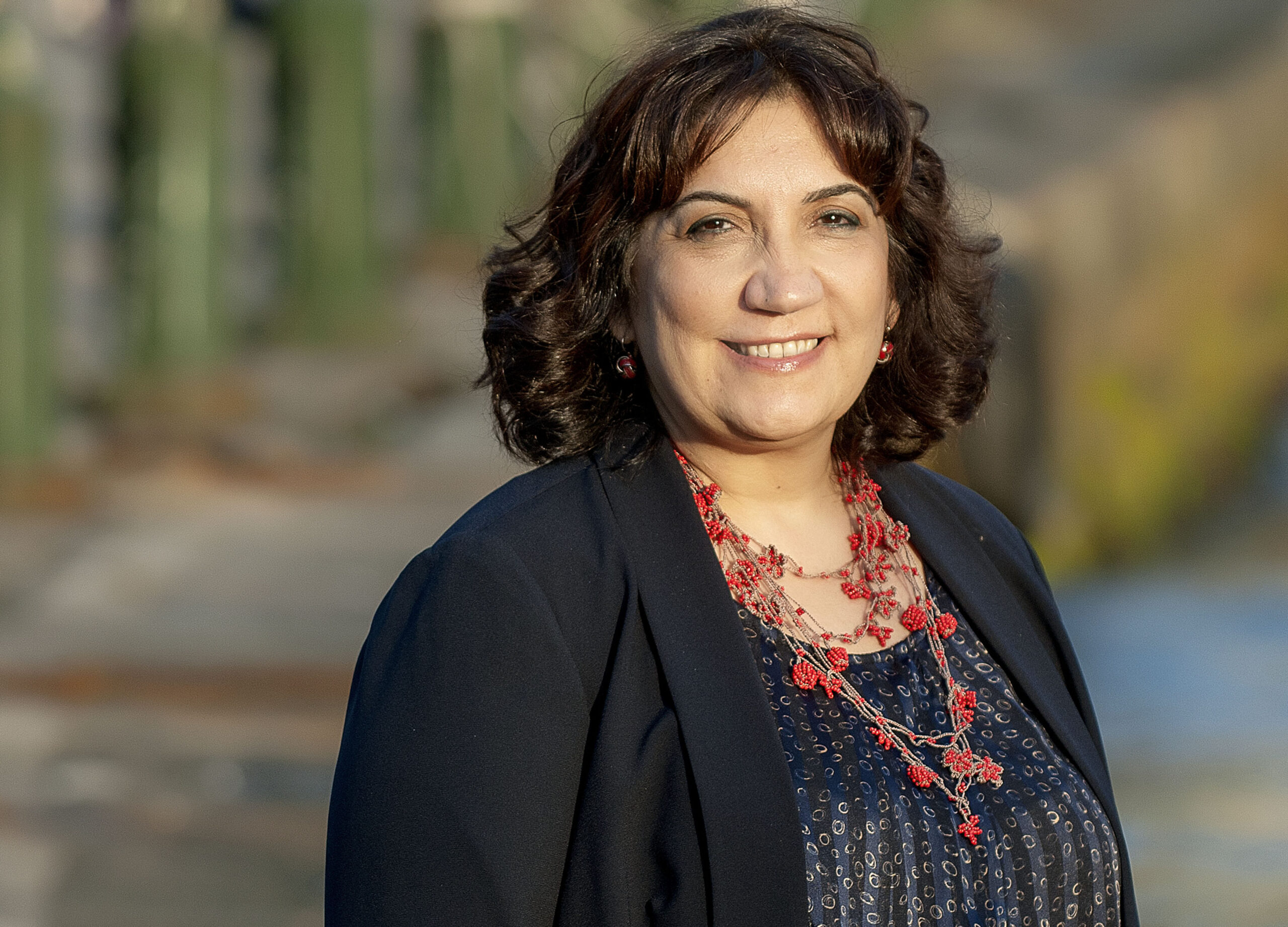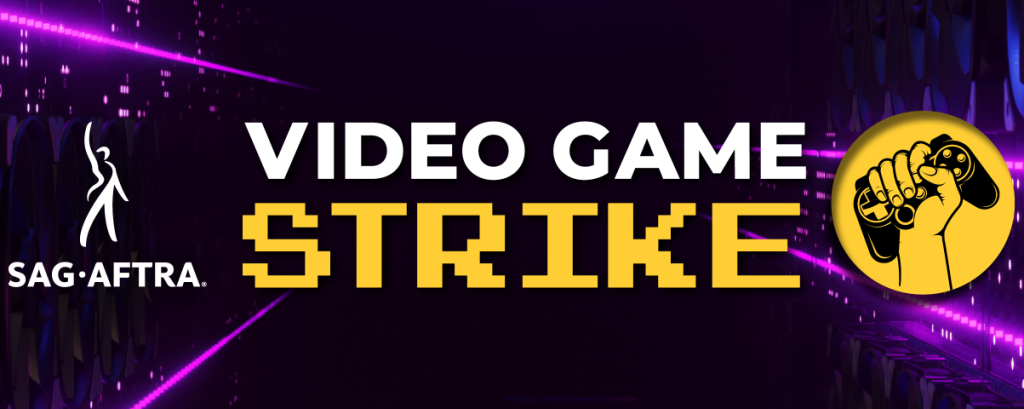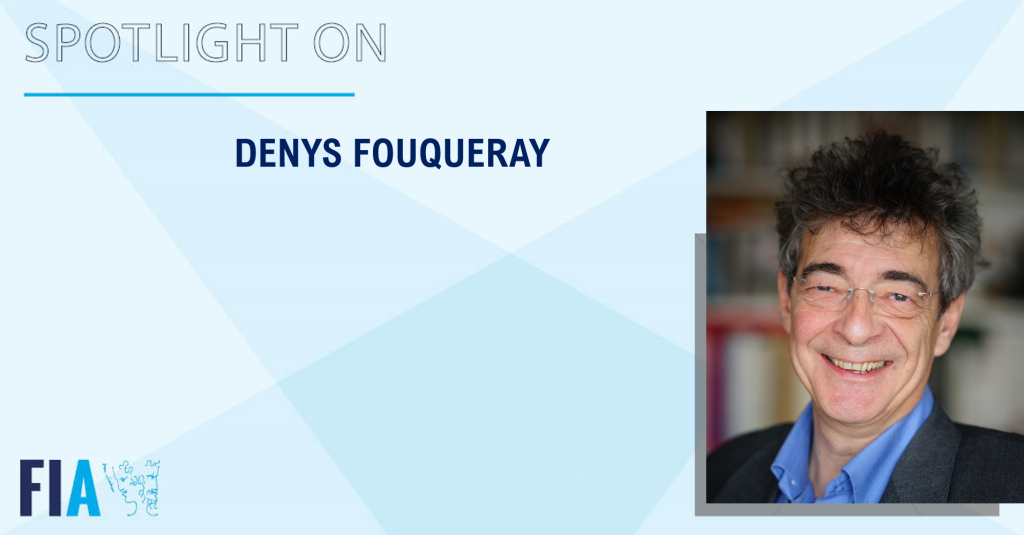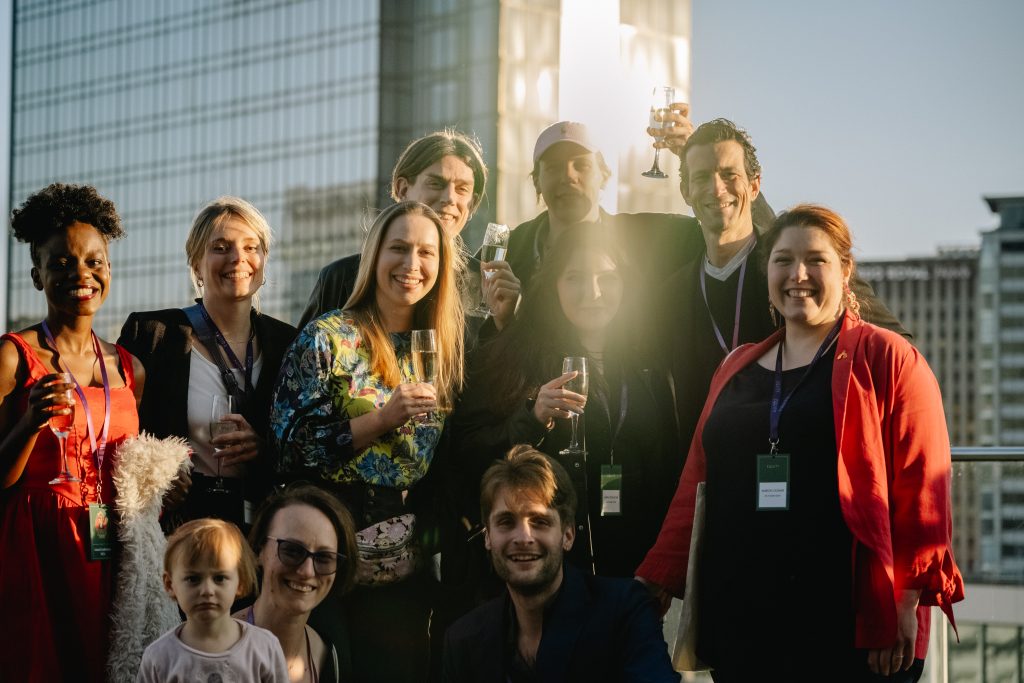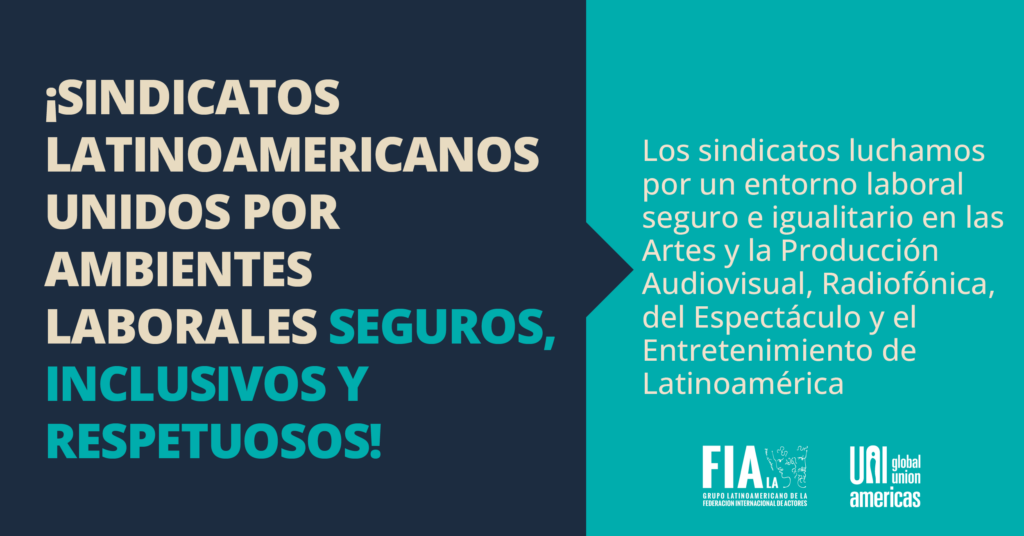What actors do is play a role, to portray life and convey stories to an audience that resonate with their feelings. Based on true facts or entirely fictional, these stories are delivered to entertain, educate and generate awareness or empathy about the million intricate layers of the complex journey of humankind. Actors are trained, and indeed aspire, to portray any character. This is what they do for a living. It is their job. But playing a hero or a villain does not make them one either. They remain what they are: creative cultural workers whose skill and talent is to make people identify them, perhaps only briefly, with the role they have been selected to play.
It has come to the attention of the International Federation of Actors (FIA) that actors are increasingly coming under fire today in Turkey, from the public and through social media, for the roles that they play or even aspire to perform. Some of these roles are grounded in the turbulent political situation that their country is so tragically experiencing these days.
One of many worrying cases lately involved actress Füsun Demirel, who was named and shamed for expressing her professional interest in portraying, one day, a guerrilla mother in a fictional story. Other personal comments she made in that interview were seemingly taken out of context and heavily cast against her. Her interview just happened to be aired on the same day of the tragic Ankara bombing. Such was the outcry that she was laid off in retaliation by a TV production she was working with.
We are unquestionably saddened by the suffering of the peoples in Turkey. We do not condone acts of violence of any kind, whether physical or moral. But we equally feel that actors, who may naturally be the focus of intense media attention, should not become scapegoats and their lives shattered for their willingness to bring a character to life. Much like a photographer, who does not pass judgement on what is caught on his camera or take sides, so it is for the actor who steps into a role.
Actors in Turkey are increasingly facing challenges with respect to their freedom to work, to live and even voice their personal opinions about their professional aspirations. They are made to sign contracts with sweeping confidentiality clauses that are muzzling them way beyond what’s customary to protect the reputation of a movie or TV series. They are forced into self-employment, declaring themselves "independent contractors", thus forgoing fundamental labour rights, including the right to organise and bargain for minimum terms collectively, and access to social security.
If reality becomes fiction and fiction becomes reality, the actor is caught in the middle and pays a heavy price. The public and social media should learn not to yield to the irrational impulse of identifying an actor with his/her role. And the industry should only focus on its core business and not interfere with freedom of expression and the personal creative aspirations of performers. Last but not least, the industry should recognize that actors are workers and that, as such, they deserve to benefit from core labour protection.
FIA urges the appropriate Turkish governmental bodies to take all necessary steps to uphold and protect the rights of artists, as per articles 25, 26, 27 and 64 of the Turkish Constitution, and in line with Turkey’s commitment to fulfil the economic, social and cultural rights of all individuals, as a party to the UN International Covenant on Economic, Social and Cultural Rights.
